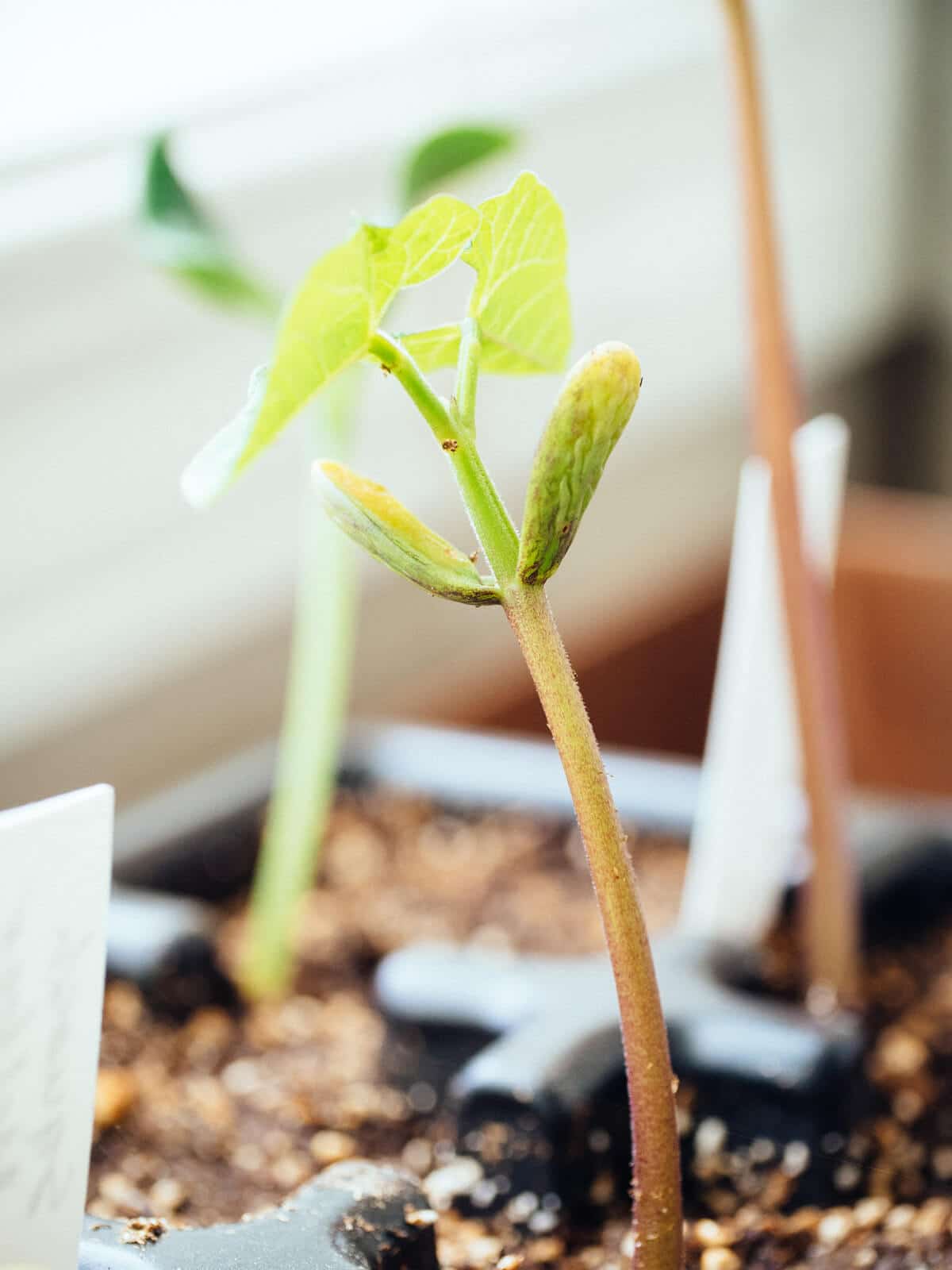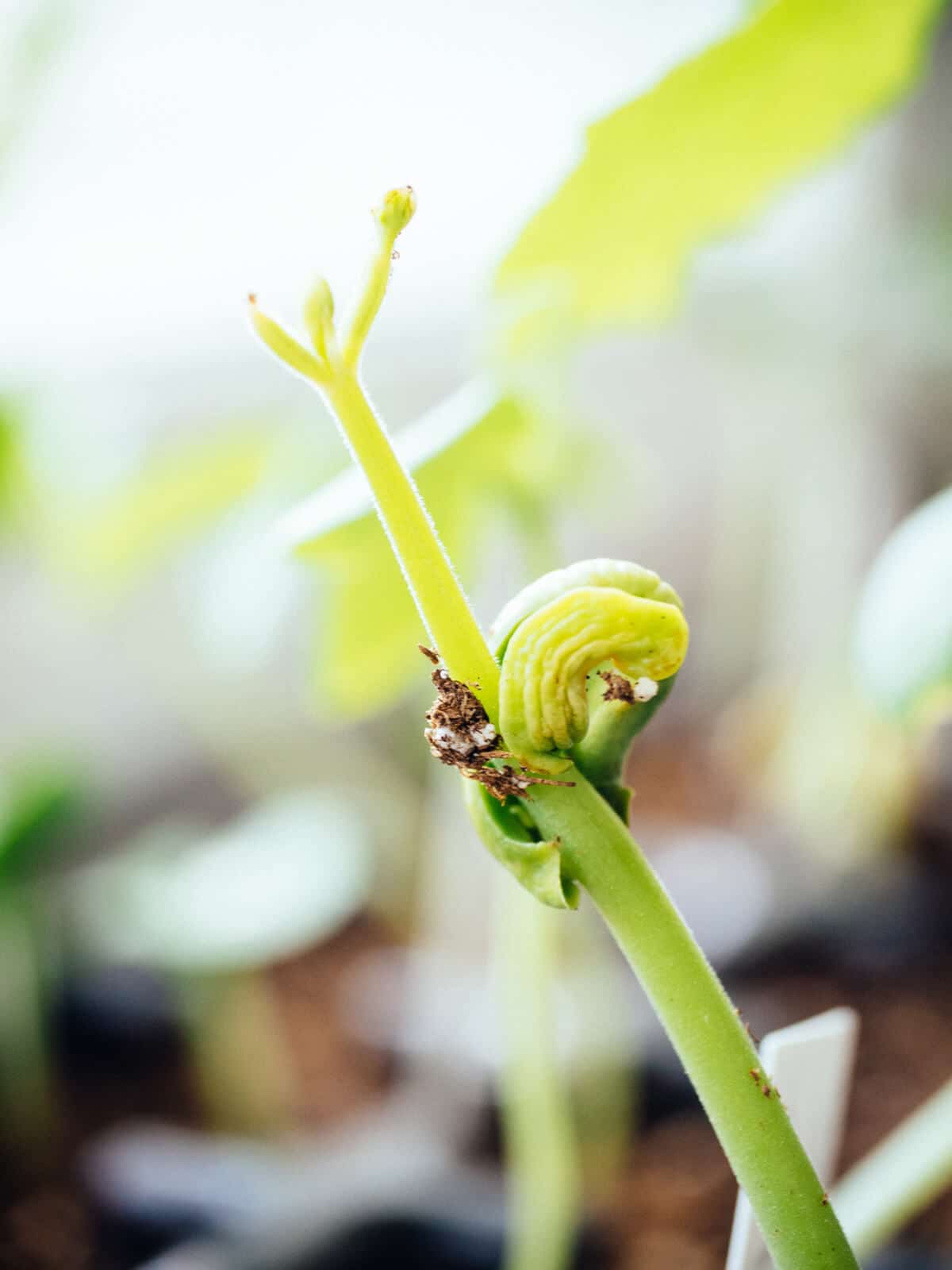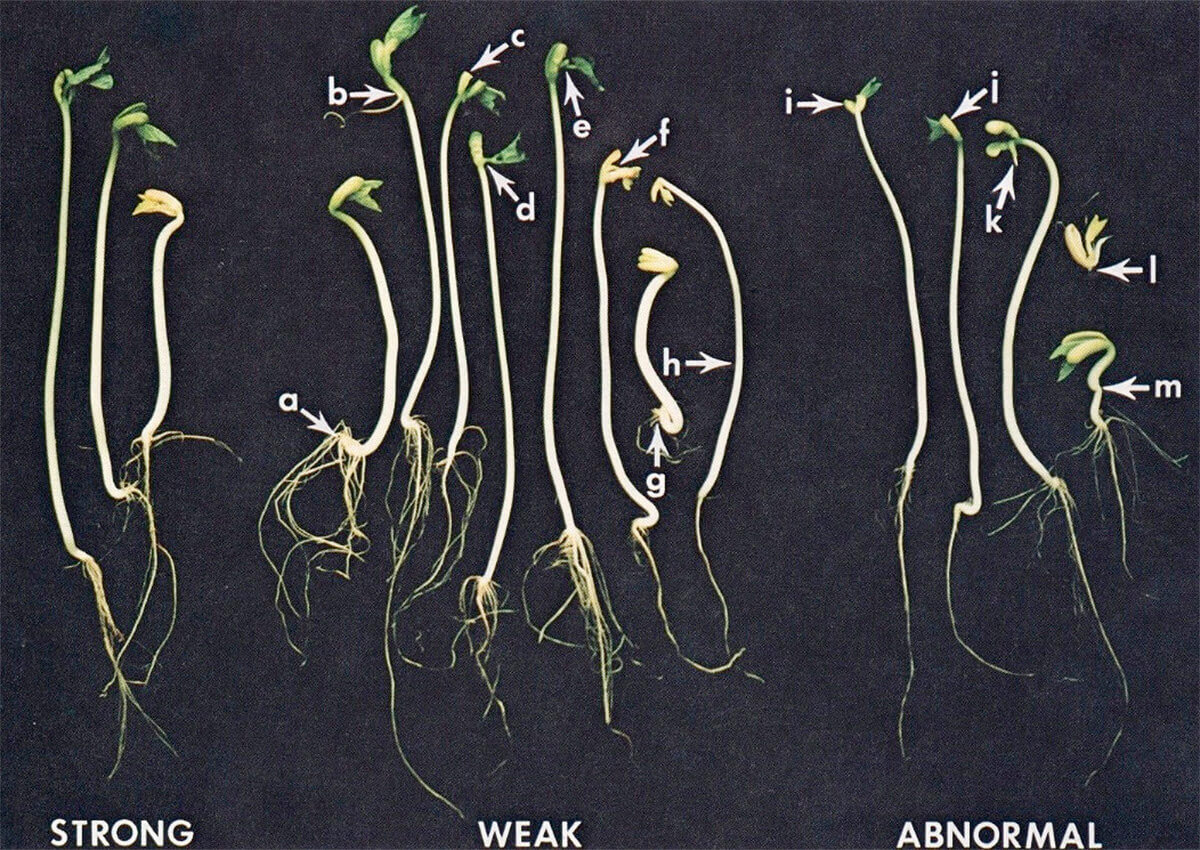For someone who loves to garden and grow herbs, I often have a lot of basil at the end of the growing season. When I’m done using the leaves to make pesto, sauces, and other tasty foods, I like to save the seeds to plant again next year.
But I never seem to use all of my saved basil seeds in one season This leads to the question – how long will leftover basil seeds remain viable if properly stored? Can I replant them the following year or even longer?
Through research and personal experience, I’ve learned that basil seeds can maintain germination viability for quite a long time if stored under optimal cool dark and dry conditions. Here’s what you need to know about maximizing the shelf life of your basil seeds.
Why Seed Viability and Vigor Matter
If you want to save seeds, viability means that the seed is still alive and can make plants grow when planted. However, a seed’s ability to sprout does not always mean that it will grow into a strong, useful plant. This is where seed vigor comes in.
Seed vigor is a measure of how healthy and vigorous the seedling and mature plant will be overall. When compared to newer seeds, older ones often have less vigor, which means they may sprout more slowly and unevenly and grow less vigorously.
So while an old basil seed may still germinate, the seedlings are less likely to thrive and reach their full genetic potential For best success when growing basil, it’s wise to start with fresh seeds packed for the current growing season and proper storage thereafter
Average Longevity of Basil Seeds
On average, stored in a cool, dark, and dry environment, basil seeds can remain viable for:
- 3-5 years for common sweet basil varieties
- Up to 5 years for slow bolting sweet basil cultivars
- 1-3 years for other basil species like lemon basil or holy basil
But the shelf life can change depending on the quality of the seeds, when they were harvested, and how well they are stored. If you take good care of basil seeds, they might grow decently for 5 years, but their strength will slowly decrease each year after the packed date.
Storing Basil Seeds for Maximum Viability
To get the longest possible shelf life out of harvested or purchased basil seeds:
-
Allow seed heads to fully mature and dry out on the plant before collecting seeds.
-
Further dry seeds indoors before cleaning and storage. Aim for 10-15% seed moisture content.
-
Store seeds in airtight, moisture-proof containers like glass jars or envelopes. Avoid plastic.
-
Keep seeds in a cool, consistent spot like the refrigerator or an unheated basement around 40°F or below.
-
Prevent exposure to heat, direct sunlight, or humidity fluctuations that encourage mold growth.
-
Label basil seed packets with the variety and year harvested or packed. Use oldest seeds first.
-
For long term storage, ideal humidity is around 35%. Consider adding silica gel packs.
-
Periodically inspect stored seeds and discard any that appear moldy, shriveled or damaged.
Following proper harvest, curing, cleaning, moisture management, cool storage, and yearly germination testing allows basil seeds to maintain viability for up to twice as long as average.
Checking Basil Seed Viability
If you have very old seeds and are unsure if they are still good, you can test viability before planting them:
-
Place seeds between damp paper towels and watch for sprouting.
-
Drop seeds into a cup of water to see which sink (viable) or float (not viable).
-
Sow a test batch thickly on seed starting mix and check the germination rate.
Seeds that perform well in these tests should grow reasonably well when sown properly outside or started indoors, though they may lack some vigor compared to fresh seeds.
Key Takeaways
-
Shelf life varies, but expect most sweet basil seeds to last around 3-5 years if stored correctly.
-
With ideal storage, some basil seeds may germinate decently for 5+ years.
-
Viability doesn’t guarantee vigorous seedlings and plant performance.
-
For best results, start with fresh properly stored seeds each season.
-
Always label saved seeds with the variety and year harvested or packed.
-
Proper harvesting, curing, cleaning, moisture control, cool storage and annual germination testing can help basil seeds retain good viability for many extra years.
While shelf life differs among seed varieties, the basics remain the same – controlling moisture, temperature, and storage conditions is key to maximizing viability over time. Following best practices allows gardeners to successfully save basil seeds for future seasons of abundant harvests.
Why seed vigor matters
Storage conditions are only one piece of the puzzle. Seed vigor matters, too.
According to Oregon State University, vigor is the “ability of those seeds to produce normal seedlings under less than optimum or adverse growing conditions similar to those which may occur in the field.”
In layman’s terms, vigor is the ability of your plants to survive outside with all the elements working against them (even if they’ve been hardened off), as opposed to being coddled indoors under grow lights or controlled conditions.

While you can predict seed germination rates by knowing when the seed was harvested/packed, or by doing a simple germination test like this one, ultimately you can’t really predict its vigor: how well a seedling will grow in terms of health, strength, uniformity, and root system, not to mention its production of flowers and fruits.
A seedling with compromised vigor may have a missing cotyledon, look stunted or scrawny, or seem overall slower to develop than seedlings from fresher seeds.

Try as they might, sometimes older seeds just don’t have it in them to sprout, grow, and go all the way to seed again. A will to germinate does not equal an ability to thrive.
What all this means: Your seeds may still be “good” as far as expiration dates are concerned, but the longer they’ve been stored, the weaker they’ll possibly develop. (Though there’s always that spunky outlier that still grows big and strong after many years!)

Start Basil from Seeds & Stop Buying Expensive Transplants: How to Grow Beautiful Basil Plants!
FAQ
Do basil seeds go bad?
Basil seeds should stay alive for up to five years if you keep them somewhere cool, dry, and dark. Don’t forget to label your seeds and add the date you harvested them from the plant so that you can use the oldest seeds up first.
How do I know if my seeds are bad?
The Water Test The good seeds will sink, while the bad seeds float. You can then scoop out and throw out the bad seeds, and then confidently plant the good ones. If you’re not planning on planting them right away, just dry them off before storing them again until you are ready.
How long do basil seeds last in packets?
3 Years – Carrots, Leeks, Asparagus, Turnips, Rutabagas. 4 Years – Peppers, Chard, Pumpkins, Squash, Watermelons, Basil, and Artichokes.
Do basil seeds need to be refrigerated?
Do you have to refrigerate Zen Basil seeds? Not the dry seeds, only when it’s hydrated. Even when the bag is opened, dry seeds should be stored in room temperature.
How long do basil seeds last?
If they are properly stored, basil seeds are viable for up to five years. Label and date your seeds and rotate them so the oldest are used up first. Seeds that are completely dry and kept in a dry, dark location should be viable for years after basil seed collecting. Place the dried seeds in a plastic bag or glass jar with a sealable lid.
Can you save Basil seed?
Basil is one of the warm season herbs that have a distinctive scent and flavor. Harvesting basil seeds from a favorite variety will ensure you get that same taste and cultivar. Saving basil seed is an easy, economical way to grow basil year after year. Read on for some tips on how to harvest basil seeds and ways to save basil seed.
How long do vegetable seeds last?
So, how long do seeds actually last? In general, you can expect most vegetable seeds to last two to three years after their packing date, though there are always some rule-breakers in the bunch—like onion seeds, which start to deteriorate after just one year.
Do vegetable seeds re-use after a year?
Storing vegetable seeds to re-use the following year can save you money and time. However, you do need to keep the seeds in a cool dark dry place if they are to remain viable. The following seed viability table shows the most popular seeds and the average length of time that you can expect to be able to store the seed for.
How long do melon seeds last?
As seeds age, though, their vigor decreases no matter how well you store them. In this case, a melon seed that usually lasts five to six years might sprout well in its fourth year but grow slowly and don’t produce much fruit. In which case, it’s time to pitch the packet and buy new seed. So, how long do seeds last?.
How do you collect Basil seed?
Basil seed collecting is that simple. You can also put the dried seed heads into a paper bag and shake it, then crush the bag with a rolling pin, tip the pulverized plant material into a shallow tray and blow out the chaff. Now you have basil seeds that you picked yourself. They will be from the same strain as the parent plant, as long as they didn’t cross-pollinate.
